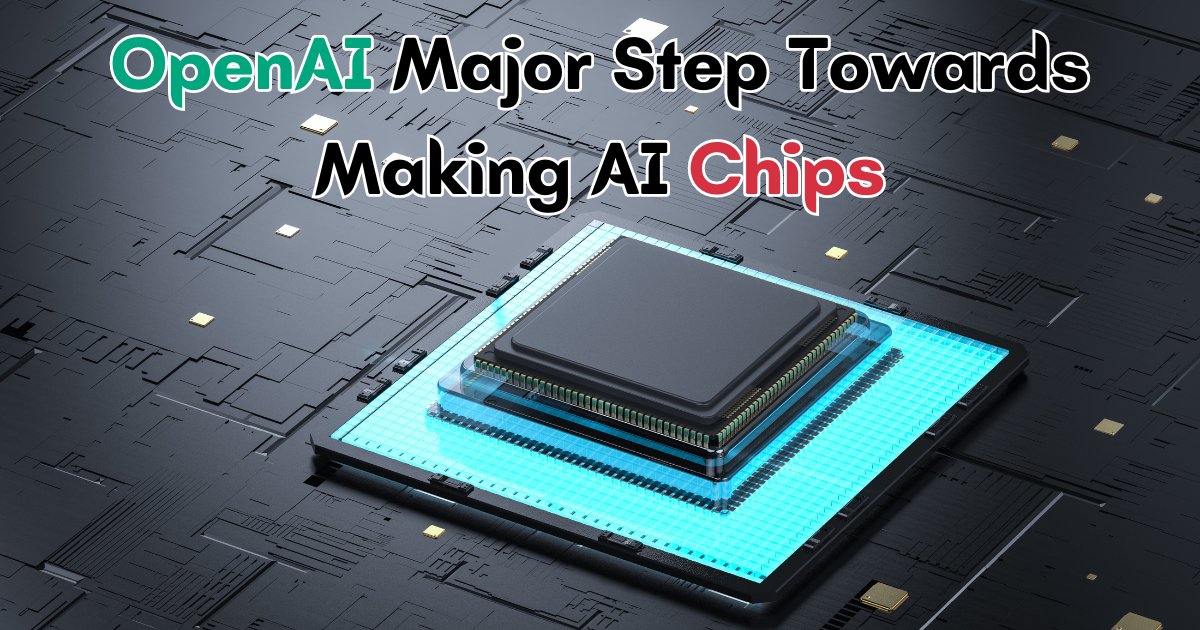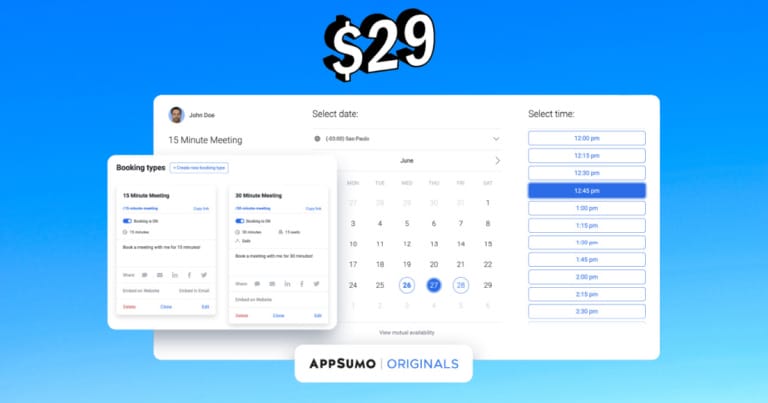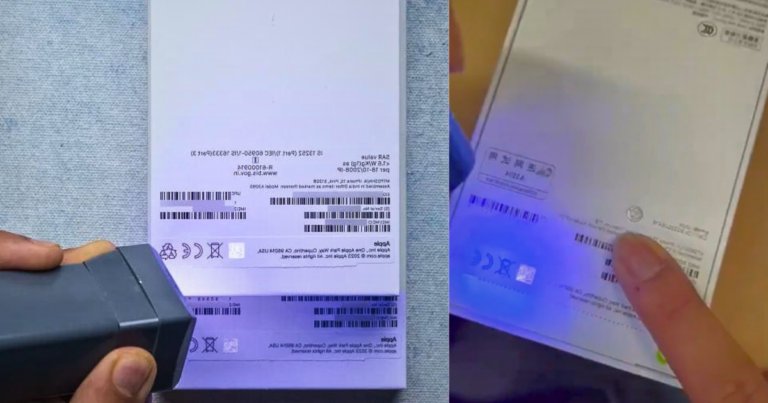
As I sit down to pen this article, there’s a palpable buzz in the air, a kind of electric excitement that’s hard to put into words. Today, we’re on the brink of something monumental, something that could potentially redefine the landscape of artificial intelligence.
OpenAI, the mastermind behind the renowned ChatGPT, is contemplating crafting its own AI chips, a move that could usher us into a new era of innovation and technological advancement.
OpenAI’s New Step Towards Making AI Chips
Yes, you read that right! OpenAI is in the exploratory phase of making its own AI chips. Although the decision isn’t final yet, the mere possibility is enough to send waves of anticipation through the tech world.
Genesis of a Groundbreaking Idea
I remember the times when the scarcity of AI chips was a pressing issue, a bottleneck that threatened to stymie the progress of AI.
OpenAI CEO Sam Altman wasn’t just aware of this challenge but was vocal about it. The shortage of these advanced processors and the towering costs of running the necessary hardware were not just numbers on a balance sheet but tangible hurdles to be overcome.
Nvidia Connection
Nvidia, a name synonymous with graphics processing units (GPUs), has been the go-to for OpenAI. With Nvidia controlling over 80% of the global market, the reliance on this tech giant is understandable. But every solution births a new challenge. The costs associated with running ChatGPT are significant, and the dependency on Nvidia is a reality that OpenAI is keen on changing.
Custom Chips Era
Imagine a world where OpenAI joins the esteemed ranks of tech giants like Google and Amazon, each having ventured into designing custom chips tailored to their specific needs. It’s not just about autonomy but about innovation, efficiency, and breaking new ground in AI technology.
Road Ahead
Embarking on this journey isn’t without its challenges. Crafting custom AI chips is a significant investment and a strategic initiative that could potentially transform the landscape of AI. An acquisition of a chip company could be a catalyst, accelerating the process and marking the beginning of a new chapter in OpenAI’s journey.
As I delve deeper into this unfolding narrative, the role of Microsoft, a significant backer of OpenAI, cannot be overlooked. The development of a custom AI chip by Microsoft, currently under testing by OpenAI, could potentially signal a shift in the dynamics of their relationship.
As we stand on the cusp of this potential revolution, the anticipation is tangible. The journey to crafting custom AI chips is fraught with challenges, investments, and uncertainties. But it’s also a journey of immense potential, promising an era where the limitations imposed by the scarcity of AI chips become a relic of the past.
As I wrap up my musings on this exciting development, the future seems to be a canvas of limitless possibilities. The prospect of OpenAI crafting its own AI chips isn’t just a strategic move; it’s a leap towards a future where the boundaries of AI are yet to be discovered, and every step forward is a dance with the unprecedented.
The anticipation is real, and so is the promise of a future where AI is not just a tool but a companion in our journey of exploration and innovation.






